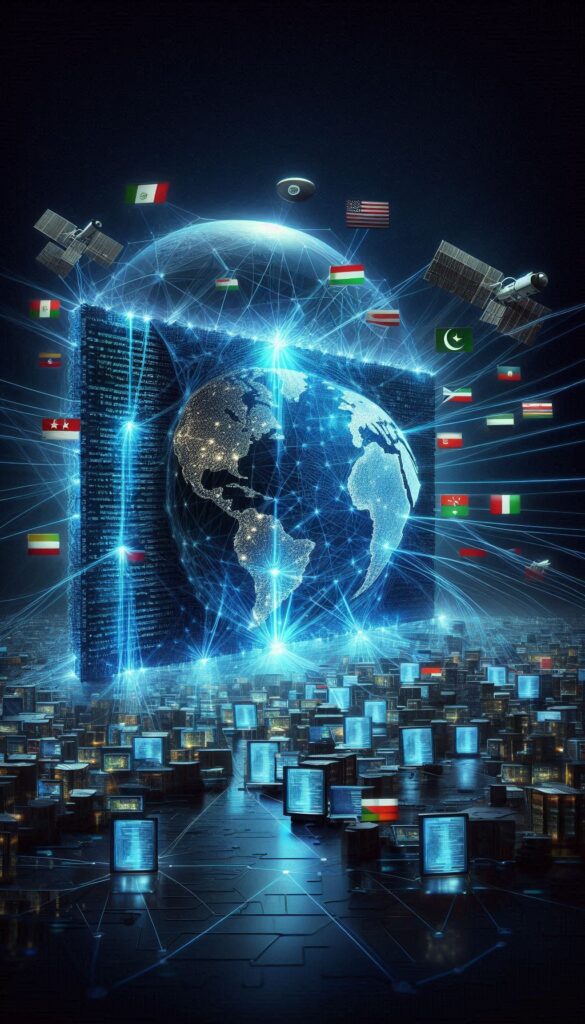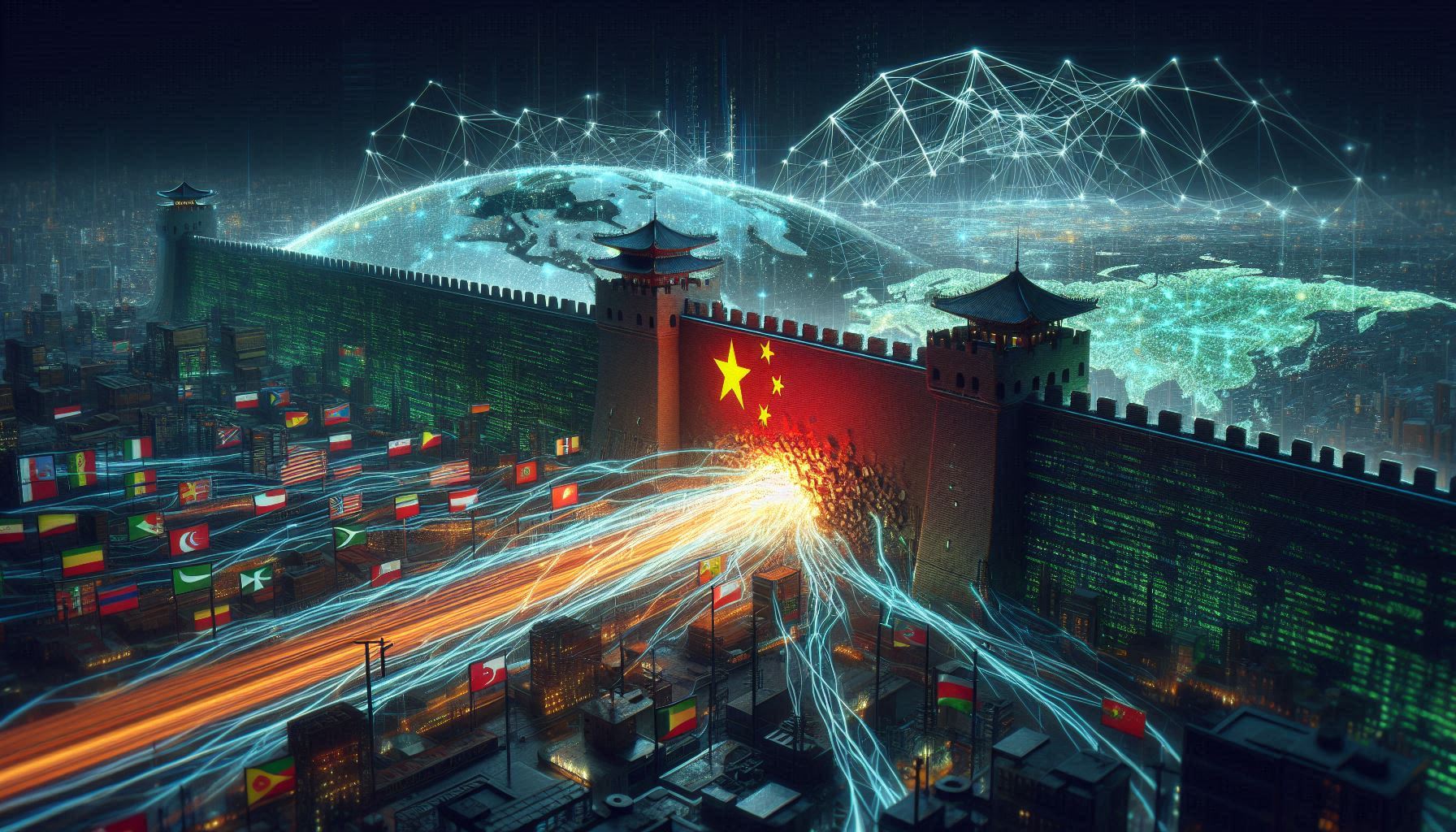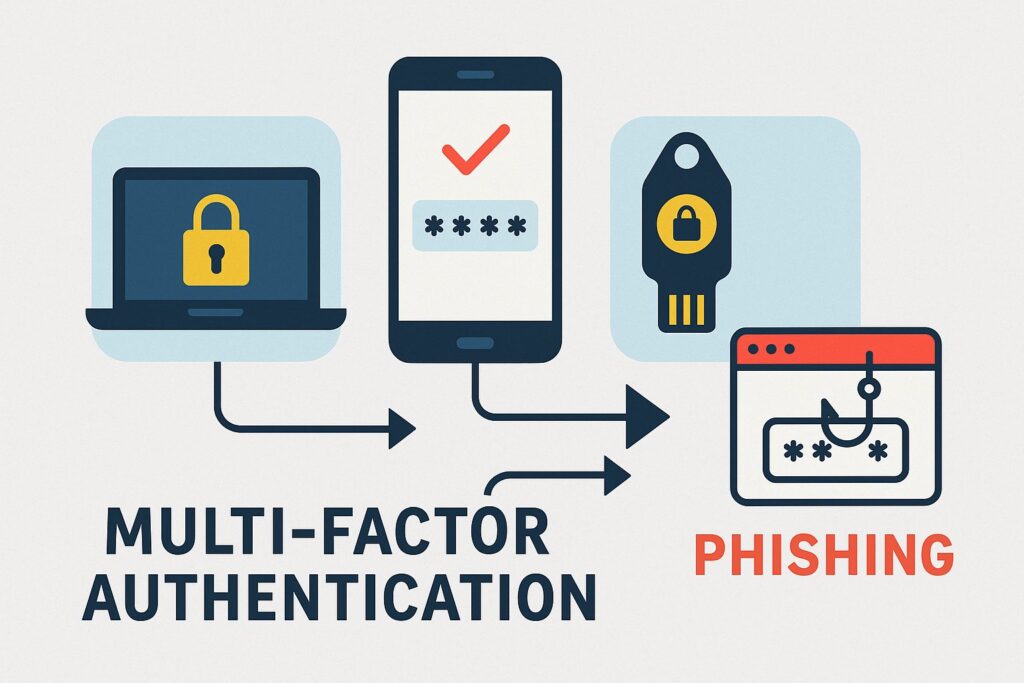In a striking development that underscores the fragility of digital sovereignty, over 500 gigabytes of internal data from Geedge Networks—a key contractor behind China’s Great Firewall (GFW)—was recently leaked online. This breach has revealed not only the technical architecture of one of the world’s most sophisticated internet censorship systems, but also the broader geopolitical implications of exporting surveillance technologies.
The leaked materials include source code, internal communications, and operational documentation for tools designed to monitor, filter, and control internet traffic. Among these are systems capable of detecting VPN usage, injecting malware, conducting real-time user tracking, and launching denial-of-service attacks.
Implications for Global Cybersecurity
While the breach primarily exposes the inner workings of China’s domestic internet control infrastructure, its ramifications extend far beyond national borders. The technologies developed by Geedge Networks have reportedly been exported to countries such as Myanmar, Pakistan, Ethiopia, and Kazakhstan, raising urgent questions about the global proliferation of digital surveillance tools.
From a cybersecurity governance perspective, this incident offers several critical insights:


1. Zero Trust Must Be Operationalized, Not Idealized
The breach illustrates that even highly controlled environments are vulnerable to internal compromise. Organizations must move beyond theoretical frameworks and implement Zero Trust Architecture as a living, adaptive model—one that continuously verifies identities, monitors behavior, and limits access based on real-time risk assessments.
2. Supply Chain Security Is a Strategic Imperative
The leaked documents also reveal the involvement of international vendors—including firms based in the United States, Germany, and France—in supplying components for these surveillance systems. This highlights the interconnectedness of global supply chains and the need for rigorous due diligence when integrating third-party technologies into critical infrastructure.
3. The Ethics of Exporting Surveillance Technologies
The deployment of these tools in authoritarian regimes raises profound ethical concerns. As surveillance capabilities become commodified and exported, the line between national security and human rights becomes increasingly blurred. This calls for international dialogue and regulatory frameworks to govern the responsible development and distribution of such technologies.
Lessons for Organizations
For enterprises and institutions navigating today’s complex threat landscape, the Great Firewall leak serves as a cautionary tale. Key takeaways include:
- Conducting regular third-party risk assessments to ensure vendor integrity and compliance.
- Establishing robust incident response protocols that are tested and refined through simulation.
- Fostering a culture of cybersecurity awareness across all levels of the organization.
At PKF Cyber Security, we believe that cybersecurity is not merely a technical challenge—it is a matter of trust, ethics, and resilience. As digital threats evolve, so too must our collective commitment to transparency, accountability, and the protection of fundamental rights.










